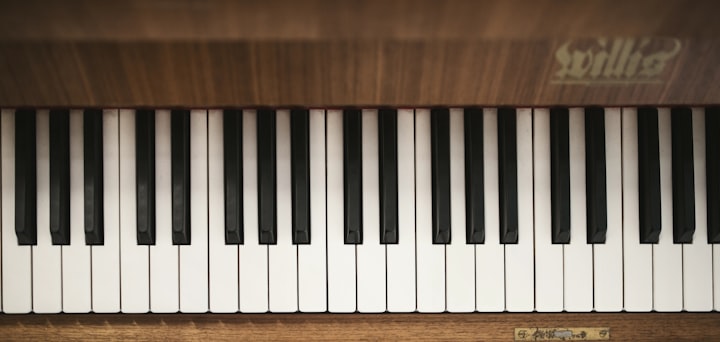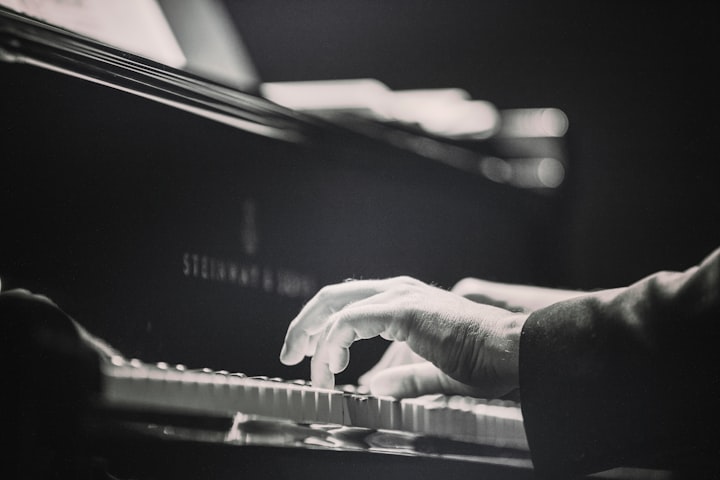How To Find Time to Practice Piano: 5 Proven Tips

The dream for many is to acquire sufficient technique to play any piece they want. Easily, you might think that it takes hours of practice every day for 15 years to be a natural, but don’t worry if you know the correct methods of piano practice and are willing to put in 3 or more hours a week, practicing at least once every three days, you’ll be able to achieve things that you are pleased with.

Find Time to Practice Your Piano
Here are the Ideas to find time in your day, they're very simple and easy and I'm sure you can think of some yourself, but the important thing is to actually do these things and use them to get extra time rather than just say I'll do it tomorrow.
1. Don't say I'll do it tomorrow
If you have some extra time today then that's when you should practice, don't say I'll do it tomorrow, otherwise, tomorrow comes around and you realize that you have to do something else today, and now that time that you would have had has been lost.
It's a common mindset that it is okay to procrastinate because you can always do it later. But that is not true. If you don't do it today, it will take you more time to do it tomorrow. Because tomorrow, you have to spend time to get yourself into the flow, the mental state of mind to practice.
2. Gaining an extra 30 minutes
Practicing on a daily basis is crucial for improvement in the piano. Gaining an extra 30 minutes is one way to do this.
This one needs a little more self-discipline, it requires you to wake up 30 minutes earlier, also the practice that you do in the morning is much more beneficial, what you learn stays in your mind, and is fresh and ready to learn new things.
Now I know a lot of people may say they need that extra sleep but give it a try, the extra 30 minutes out of your sleep might not have as much of an effect as you think.
3. Learn while commuting
This one is a little more fun, when it comes to learning your order of flats or sharps, circle of fifths, and anything really to do with theory, then you can do this while traveling, so if you travel for over an hour a day then that's a practice that you might be able to get.

Saying the order of sharps aloud or if people are around, then saying them in your head, but if you don't mind getting some funny looks then I'm sure you can give it a try saying them out loud.
If someone else is driving or you are on public transport you can even take some paper and a pen and write down all your theory exercises.
4. Replacing it with something else
This is for those who really don't have enough time to practice. If you have something you do that you don't enjoy as much as piano, let's say there's a TV show that you always watch but you don't really enjoy as much anymore but you just haven't got around to saying "well I do enjoy piano more so I think I'll stop watching this and play piano instead"
If it's a 30-minute show then that's 30 minutes a day you could be practicing.
Or maybe it's a hobby, one of my weaknesses was gaming. I'd spend at least 2 hours gaming. So all I had to do was cut that in half and all of a sudden I had an extra hour to practice.
And then there's the time when you're just doing nothing. You're just staring at your phone scrolling through Facebook and Instagram and stuff like that. All you have to do is say, "Okay, I'll practice the piano instead." And I know it sounds easy, but you just have to do it and you will find that you have the time.
5. Summing Up
So now it's up to you, to write down all the ways that you could gain that extra 30 minutes or an hour a day. Then start putting them to work, you'll find the extra practice more so than anything else will accelerate your piano training.
It's a simple equation.
More Practice = Faster Results
As simple as that. I hope these tips have helped you to find the time to practice, and that you'll start to see (and hear) the benefits of your increased practice time.




Comments ()